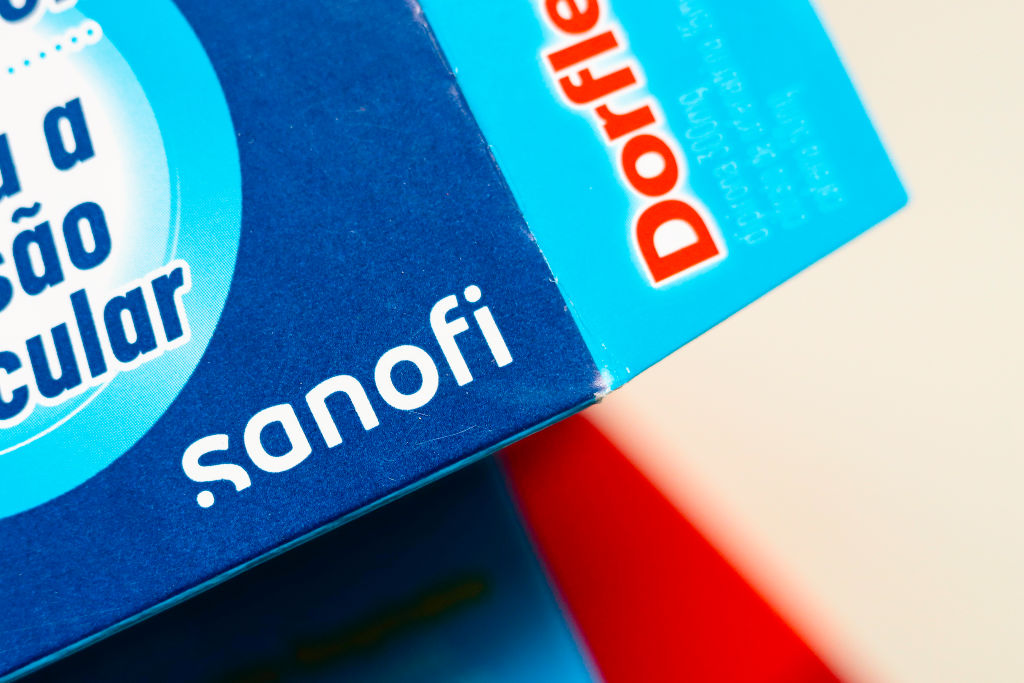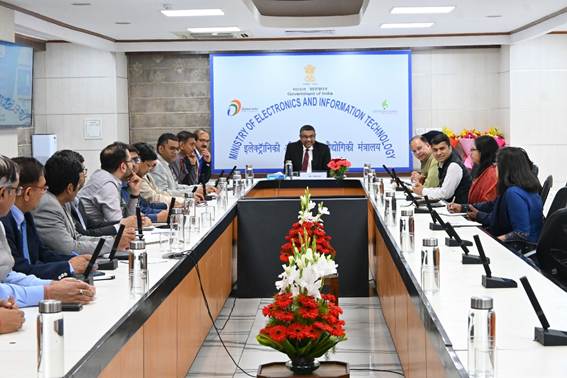Sanofi’s most advanced multiple sclerosis drug candidate has missed the main goal of two late-stage trials to treat relapsing forms of the disease, but in a positive surprise succeeded in a study on a less common form of progressive MS.
Investors focused on the good news, with analysts saying the trial failure for tolebrutinib in the common relapsing form of the disease, where isolated flare-ups temporarily subside, had been widely expected as a similar compound had fallen short.
The shares jumped as much as 4.5% on Monday and were 3% higher at 0731 GMT, reaching a ten-month high.
“Despite mixed news, tolebrutinib now appears a largely de-risked perhaps $1-2 billion opportunity,” Jefferies analysts said in a research note.
The French drugmaker said on Monday that two Phase III trials showed that experimental daily pill tolebrutinib was not better than its established MS drug Aubagio in reducing relapse rates in the common relapsing type of MS.
In a mitigation of the setback, Sanofi said a separate third late-stage trial showed that tolebrutinib met the main goal to treat a progressive – or steadily worsening – form of MS, which is less common, and which currently cannot be treated.
In that trial, the Sanofi drug candidate slowed disability progression when compared with a placebo, an ineffective dummy drug.
“Tolebrutinib represents an unprecedented breakthrough as a potential first-in-disease treatment option with clinically meaningful benefit in disability accumulation,” said Houman Ashrafian, Sanofi’s head of research & development.
The company added it would discuss those results with regulators, aiming to file for approval by the end of 2024.
Sanofi is pursuing several opportunities in MS, a debilitating nerve disease, to offset revenue losses after the recent end of the Aubagio pill’s patent protection, part of a push to become a powerhouse in anti-inflammatory drugs.
CEO Paul Hudson has been trying to regain investor confidence in the pharma pipeline since he unexpectedly abandoned 2025 margin targets last October to boost drug development spending.
Shares have bounced back somewhat over recent months on the strength of drug launches including Beyfortus to protect infants against a common respiratory infection.
Tolebrutinib, from the $3.7 billion takeover of Principia in 2020, belongs to a class of compounds known as Bruton’s tyrosine kinase (BTK) inhibitors, which has also attracted Novartis, Roche and Merck.
They are designed to selectively block the harmful autoimmune reaction behind MS for a more targeted approach than standard immunosuppressant drugs.
Investors however have been kept on edge over revenue prospects because of a possible link to liver damage and uncertain efficacy.
In 2022, concerns over liver damage led to a halt in the enrolment of new patients in three of Sanofi’s tolebrutinib studies that were still recruiting volunteers at the time.
On Monday, Sanofi only said liver safety was consistent with previous studies, with more data to be disclosed on Sept. 20.
Merck’s BTK inhibitor last December failed to beat off-patent Aubagio on efficacy in MS trials, hitting confidence in the wider drug class.
Roche subsidiary Genentech is still in the race, but safety concerns also emerged last November. Rival Novartis has said its BTK drug candidate had shown no signs of liver damage.
Sanofi on Monday only provided a brief summary of the trials, holding off details for a medical conference in Copenhagen on Sept. 20.
Another Phase III study known as PERSEUS in another progressive form of MS is still ongoing, with results expected in 2025, Sanofi added. The French group is also working on MS candidate frexalimab in earlier development stages.
(Reuters)




















